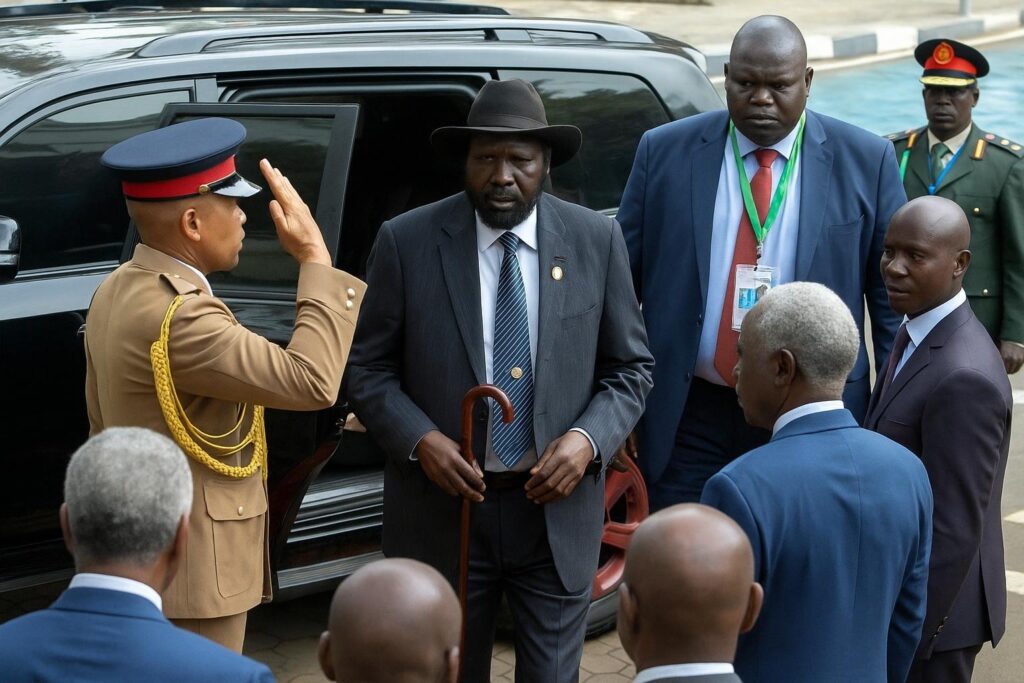South Sudan’s Shaky Independence Legacy
When South Sudan raised its flag in 2011, crowds hoped for swift nation-building. Yet a decade later, institutions remain fragile, and patronage networks shape most decisions.
Researchers argue President Salva Kiir has relied on trusted cabinet allies and his Dinka base to maintain control, often keeping rivals at arm’s length while essential reforms stall.
Election Delays and Political Calculus
The long-promised polls originally planned for 2024 were recently shifted to 2026 (Reuters), with State House citing insecurity. Analysts contend each postponement extends the transitional period, allowing elite figures additional time to consolidate resources and avoid the scrutiny that competitive ballots might unleash.
Civil Society in a Tight Corner
Non-governmental organisations complain of permit hurdles, arrests and abrupt meeting bans. A senior activist in Juba told this magazine, “Public space is shrinking faster than ever, especially when we mention accountability.” Official spokespeople insist restrictions are temporary security measures, not an assault on free expression.
Violence Narratives and Regional Entanglements
The Juba leadership frequently warns of looming rebellions, a message amplified during tensions with rival Riek Machar. Critics say such rhetoric feeds uncertainty, discouraging both investment and organised opposition while justifying heavy security budgets.
Neighbourhood conflicts add complexity. Pipeline disruptions in Sudan recently slashed nearly forty percent of Juba’s oil revenue (AP), tightening fiscal room at home. Simultaneously, Kiir plays regional mediator, enhancing diplomatic stature even as spill-over violence threatens border communities.
Succession Talk and Paths to Stability
Rumours swirl after Kiir elevated businessman Benjamin Bol Mel and appointed daughter Adut as envoy, moves critics say sidestepped party voting procedures. Government insiders counter that the 2018 peace accord grants the president latitude to ensure continuity.
Observers argue genuine calm will require an agreed electoral calendar, integration of disparate forces and a credible war-crimes court. For now, humanitarian needs keep rising, and donors weigh their leverage carefully.


